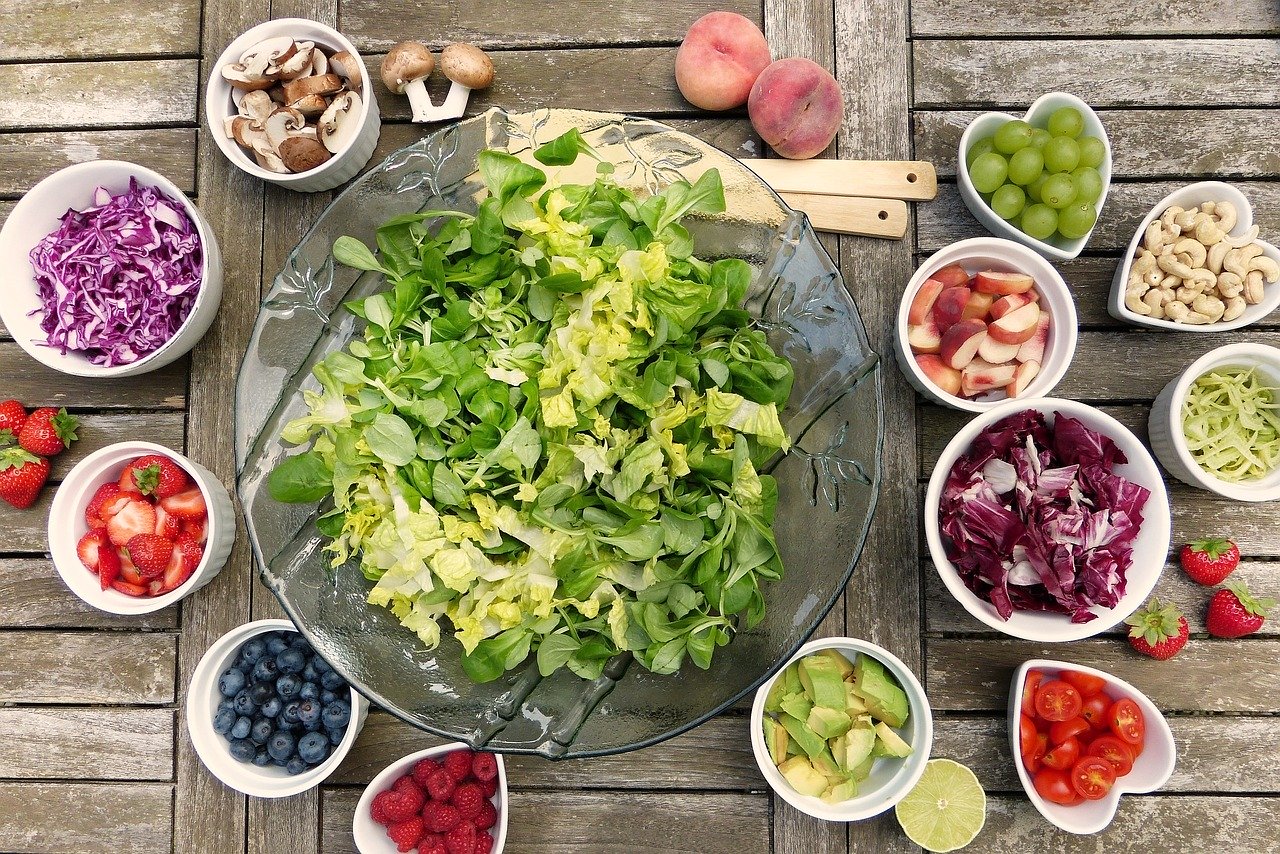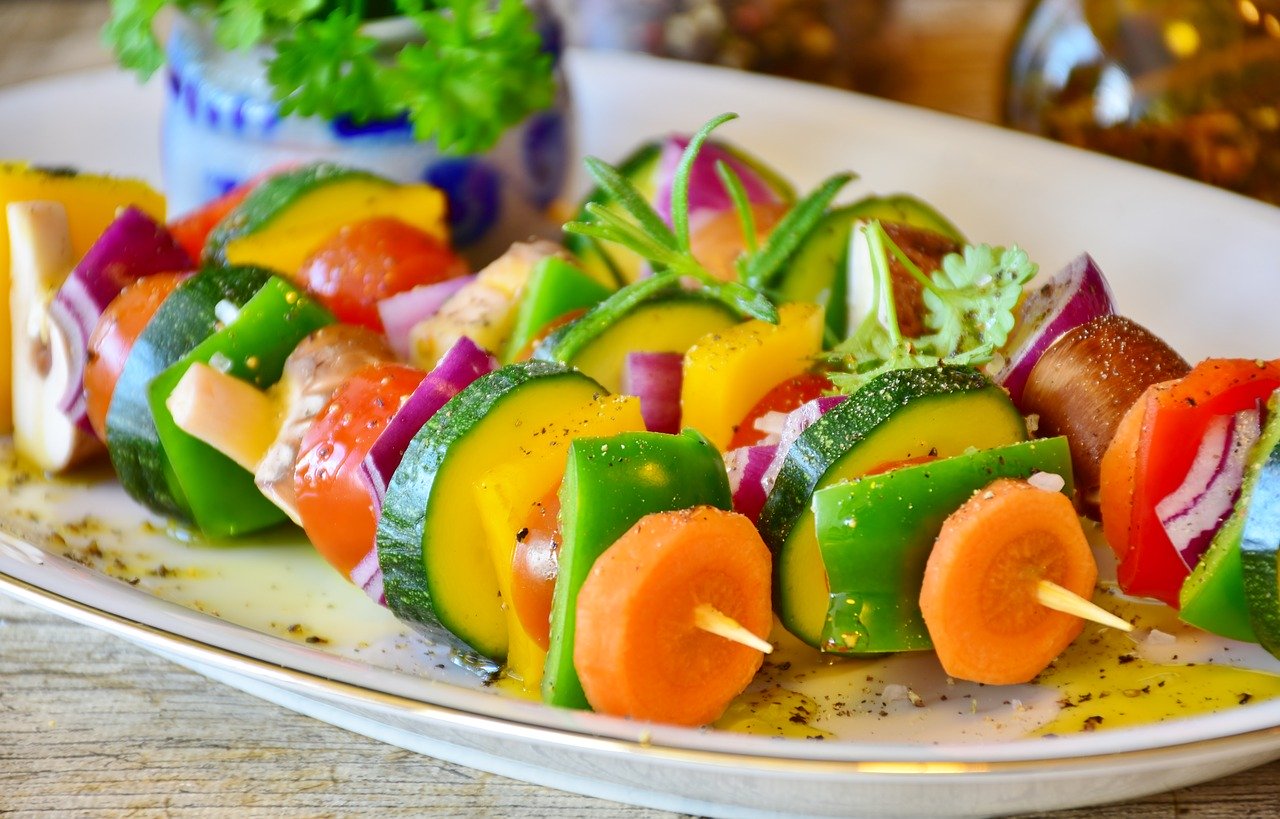The market is packed with fad diets, but for those who want a long-term weight loss solution, these diets are all prone to failure. In fact, they’re not even designed to be successful beyond the initial weeks or months. That’s why, after careful consideration, a growing number of people are going vegan for weight loss. So what happens when that doesn’t work?
In some cases, vegan diets can lead to weight gain as people try to adjust to a new way of eating. It’s hard to emphasize the amounts of fruits and vegetables that make a vegan diet conducive to weight loss, but more importantly, the challenge is often one of satiety. And satiety is all about protein.
Staple Struggles
When people decide to go vegan, they often make a few simple changes. Instead of topping their pasta with meat and veggies, they just add more veggies – and maybe more pasta. Or maybe they choose peanut butter sandwiches in place of those topped with cold cuts. Sure, these choices are vegan, but they won’t support weight loss. Peanut butter is packed with fat and sugar and the simple starches many choose as staples won’t keep you full. Unless you add a substantial amount of high fiber vegetables and filling, low calorie proteins like beans, you will inevitably struggle with weight loss.
Packing In Protein
Those unfamiliar with vegan diets often think that it’s hard to get enough protein. In reality, though, research shows that vegans who are getting enough calories typically also get enough protein. The problem is that, if you want to lose weight, you’re intentionally undershooting on calories and that means getting enough protein will be harder. Unfortunately, getting more protein is often the key to losing weight.
One way to pack in the protein and nutrients on a vegan diet without increasing your caloric intake is by adding a vegan protein powder to your diet. Look for a product that’s both high in protein and has added superfoods. This will help you get extra vitamins and minerals that can help prevent nutritional deficiencies along with added protein, all without too many extra calories. The protein will also help you stay fuller longer so that you won’t want to snack as much.
The Substitution Struggle
Adding a protein shake is a good way of balancing and enhancing a vegan diet, especially if you want to lose weight, but you still need to be careful with your other choices, especially when it comes to product substitutions. Avoid items like meat substitutes, especially faux-lunch meats, and be conscious of your snack choices. A surprising number of snack foods are vegan, but that doesn’t mean you can eat them mindlessly and assume you’ll still lose weight. Their vegan status doesn’t make them inherently healthy.

New vegans who are trying to lose weight should also be careful about drinking too many calories. Protein shakes are relatively low in calories compared to how nutritious and filling they are. On the other hand, drinking piles of sugary smoothies or, even worse, juices will just spike your blood sugar and add to your calorie load without offering significant nutritional benefits. If you want fruit, eat it whole – it will be more filling, less caloric, and more nutritionally complex.
Many people do lose weight on vegan diets, but it’s not necessarily easy. Especially as mainstream supermarkets come to stock more vegan convenience foods, it’s just as easy to pack on the vegan fat and carbs as it was on an omnivorous diet. Before making the switch, take some time to carefully consider your diet. Do the math and make a plan. You can do this.










